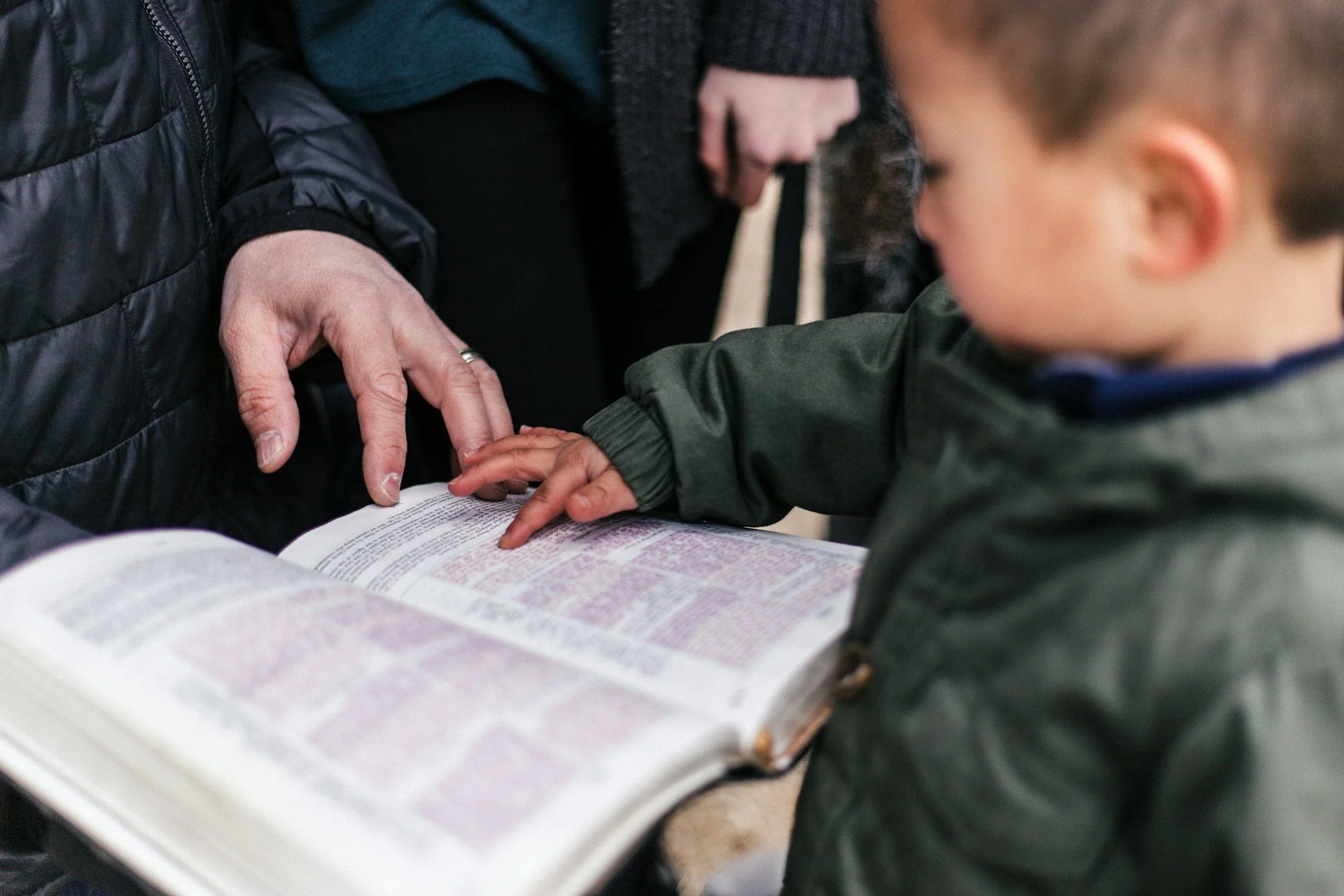It's All a Matter of Perspective
They happened to enter Bethlehem just when the barley harvest began. Ruth 1:22 GW [see full devotional text in the link below]
3 Perspectives
Basically, there are three ways to see things in life—our own outlook, the viewpoint of others, and the way things are in an objective sense. Only one person sees all three perspectives—the Lord.
When we or others view people, life events, or anything else, we see things subjectively. Each of us has our own biases. How we see the world and all that’s in it—including ourselves and others—is viewed through our beliefs, emotions, experiences, and values.
We can claim a sense of objectivity, but that’s all it is—a sense. Only the Lord sees things in the truest objective way because He is eternal. When God reveals His perspective, as in the Scriptures, we still tend to see it through our biased lens.
This final vignette of this first chapter of Ruth gives us a glimpse of all three perspectives—Naomi’s perspective, the viewpoint of other people, and the actual situation.
The Arrival
After Ruth declared her commitment to stay with Naomi, they traveled from Moab to Bethlehem in Judah—a journey of at least 2-3 days on foot.
As they enter Naomi’s hometown, everyone is excited to see her and the women wonder at Naomi’s presence with a young Moabite widow and no husband — “Can this be Naomi?”
Naomi’s response is telling. It reveals how she sees her situation and why it happened. Not only is it subjective, but it’s also somewhat typical for most of us.
Naomi’s Outlook
Let’s consider each of Naomi’s three statements.
“Don’t call me Naomi…Call me Mara, because the Almighty has made my life very bitter.” — Naomi’s name can mean both pleasant or sweet, and Mara means bitter. It’s a play on words to describe both her inner state and her outlook on life. And she holds God responsible for her situation.
“I went away full, but the Lord has brought me back empty.” — Do you see how she blames her situation on the Lord? Naomi sees her life’s misfortunes as God’s hand against her and uses a play on words to make her point. Her statement about going out full but coming back empty is her view now, but it will change by the end of the whole story of Ruth.
“The Lord has afflicted me; the Almighty has brought misfortune upon me.” — It’s pretty clear Naomi is playing on the sympathy of others as a victim of circumstances, though it was her husband and her choice to leave Judah ten years before. She only returns because things have reversed. They left because of a famine and she returns because of God’s provision for Israel. Her declarative statement reveals her perspective—the Lord is the cause of her problems.
When things go wrong, most, if not all of us, are quick to find some reason it happened and someone else to blame. Many people blame God for all the problems in the world. Somehow, He’s responsible for everyone’s choices and all the evil things that happen.
Here’s our conundrum. We want God to intervene when and where we think He should, but don’t want Him to interfere with our own choices and pursuits. It’s as if we want to be in control of God. This is one of many consequences of Adam and Eve eating the fruit of the forbidden tree.
A full circle
Ancient writings followed the common literary structures of their time. Some of the literary devices are more obvious than others. Using contrasting words and concepts is one of the most common.
Chapter One of Ruth begins with famine but ends “…as the barley harvest was beginning.” The scope of the book starts with a timeframe of ten years, but telescopes down to one day and a pivotal meeting in the last chapter.
The heart of the story begins in the next chapter, where Ruth becomes the main character in this story of redemption. Even this first chapter ends with a redemptive focus. It goes from famine to harvest and going to a far country and returning home. Naomi can’t see this for now, but she will in the end.
It’s all a matter of perspective.
Reflection—
When things go wrong, we often blame something or someone else rather than ourselves. We’ll even blame God because of our own expectations in life. We don’t see things from a clear and objective perspective.
Prayer Focus—
When you find yourself shifting blame to someone other than yourself and not facing your own responsibilities, ask the Lord to show you His perspective of your situation. Ask Him to help you learn a better way to handle things.
Text for this devotional-study– Ruth 1:19-22 GW
This is adapted from the book Stories of Redemption by Trip Kimball (available on Amazon)








